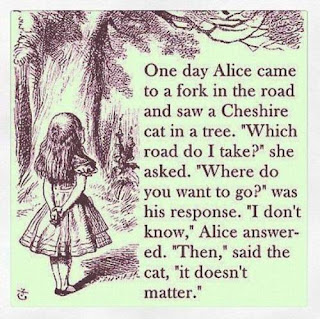This essay written by musician Boz Scaggs after the death of his son is heartbreaking:
My Son's Unfinished Life - And Mine
Newsweek Magazine - February 22, 1999
by Boz Scaggs
On December 31st, 1998, I lost my son Oscar to an accidental heroin overdose. And my world is blown to smithereens. My son – this fine, beautiful, sweet young man – my Oscar is gone from this world. Twenty-one years old. Hooked on the high, the release, that place of no worry about pressures from family or school, or jobs not yet found. And I am trying to put together the pieces of my own life and of his. There are so many unanswered questions when one so young dies suddenly. So many parts of his life were in transition and unresolved. I hardly know how to begin.
I have a dilemma about the role of drugs in our lives, and specifically about the role of heroin in the lives of my son’s generation. A lot of the same drugs were around when I was his age. The challenge to drop out, tear down the walls and live as never before was there in the music, the fashion and fabric of the time. Every generation hears its own call to change the existing order. For many, that includes experimenting with drugs. But the nature of experimentation has changed – then it was primarily a counter-cultural expression; today it’s that and a consumer activity as well.
Recreational drugs far more potent than the pot we smoked in college are marketed like designer underwear, cigarettes, soft drinks, CDs – like equally benign consumer goods, that is. But even among those substances with sure potential to be lethal, heroin belongs in a class of its own. It does not allow casual use for long. Kids believe that if they “only” smoke it or snort it, they won’t get addicted. It’s no wonder that an epidemic of “amateur” use is underway. No surprise either is the large number of accidental deaths being reported: the purity of the drug is so unpredictable.
Heroin used to be an unthinkable choice for all but the hard-core user. It no longer is. If your son or daughter or friend is experimenting with or using heroin in any form, don’t wait to get information and help. Forget your preconceptions about people who “really” use heroin.
From the time my two sons were teenagers, I talked openly with them about drugs. It was a daunting position to be in as a parent, but I told them what I knew from experience. I didn’t blacklist every drug, but described as objectively as I could their effects and consequences. I think we shared more than most parents and children on the subject.
My son Oscar suffered from addiction – given his genetic or psychological makeup, given the world around him, it was perhaps inevitable that he would come to abuse drugs. Countless people suffer from addiction. Many get treatment and learn ways to manage it; they cope with the pain and uncertainty that is part of life, and they live. Oscar experimented with drugs and alcohol throughout his adolescence. In retrospect they clearly interfered with his ability to develop and to function. Heroin brought his dysfunction into high relief – he became aware of the drug taking over and asked for help.
That was a beginning in his recovery. Oscar entered treatment last January. He worked hard in various programs, but the process wasn’t linear or fast – two steps forward, one step back. It was in the last six months that his recovery program began to take on real meaning to Oscar. He was slowly coming to terms with his addiction and recovery. He worked hard. And slowly, Oscar’s life began to fall into place. Given the progress he’d made and the new job he was clearly thriving in, given his new girlfriend and the holidays – well, it proved to be a sort of classic setup, in a clinical sense, for relapse. The confidence of having it all together may have made Oscar feel invulnerable to heroin. Then came payday; he was on his way to pick up tickets for a concert that night, he was dressed in his finest and he decided, I can only guess, to make a stop at his dealer’s and celebrate it all.
Oscar’s death was an accident, a miscalculation. I say this only to underscore the importance of the open discussions from earlier years, the work Oscar did in recovery, the work we, his family, did with him. None of it was for naught; communication never is. For Oscar, recovery work was a real chance at life; for his family it was an experience that changed our lives profoundly. I had always considered my relationship to my sons to be closer than that of any other father and sons I knew. But in these last six months we rediscovered our profound commitment to one another. I saw him without drugs in his system for the first time in years, clear-eyed and healthy, a true joy to be around himself. I began to see my role in Oscar’s addiction and recovery. Oscar had yet to learn fundamentals of self-sustenance, and I had to learn to stand back while he caught up. I had to learn to give without giving, touch without touching, act without acting. I needed more time; the work was unfinished, his and mine.



